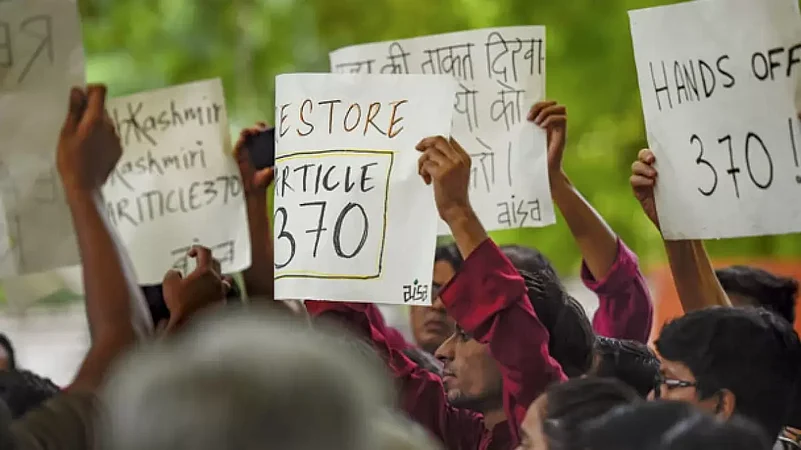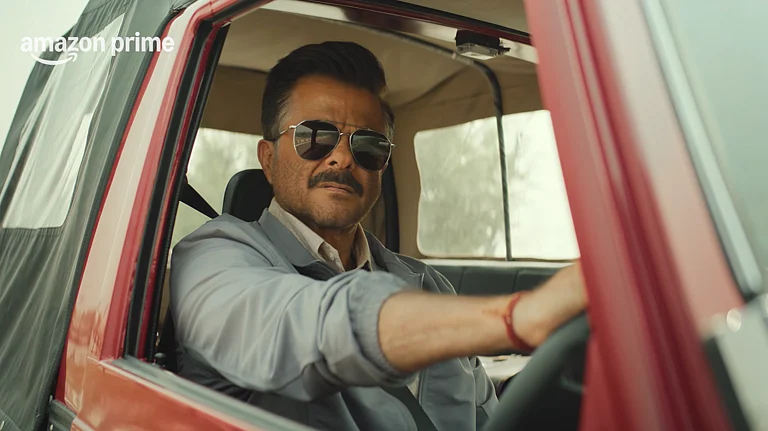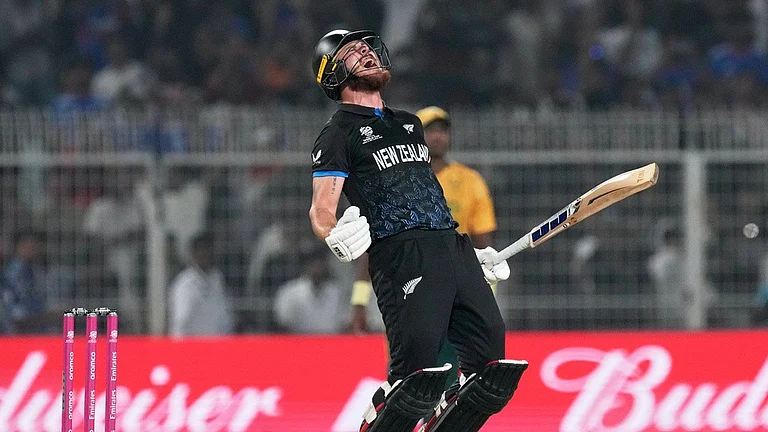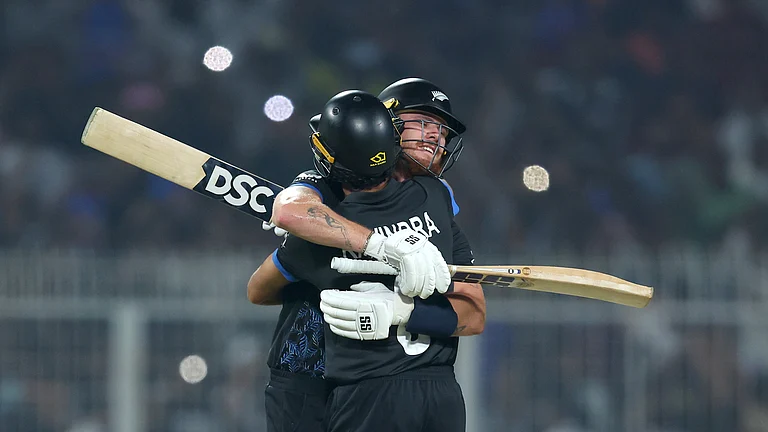Amid the ongoing turmoil over challenging the abrogation of Article 370 of the Constitution, the Supreme Court on Thursday said that judicial review will be available to investigate whether there was any violation of the Constitution.
The apex court has decided to not delve into the issue of whether the move was in the national interest.
About today's arguements at SC
Whle hearing a batch of petitions, today Chief Justice of India DY Chandrachud was heard telling Senior Advocate Dushyant Dave, "You want judicial review to assess the intention of the government to abrogate Article 370? Judicial review will be for the constitutional violation. There is no doubt that if there is such a violation this court will intervene, but are you asking us to judicially review the wisdom underlying the decision to abrogate 370?"
Responding to CJI's questions, Dave said, "You can't resort to some kind of executive power, authorise the President to do this, do away with everything that Article 3 provides in the garb of 356 power. It makes a mockery of the constitutional safeguards. We know what majorities can do. We all saw what happened in 1975. If they don't do it in letter and spirit, your lords can strike it down and you must."
On this, the CJI said, "If 370 has served its purpose after the constituent assembly comes to an end, why were constitutional orders made applicable post 1957? But the fact that 370 served its purpose is belied by consequent constitutional orders made applicable thereafter, so 370 continued to be in existence."
The CJI further added, "If your submission is right qua clause 3, then once the constituent assembly completed its task in 1957 there cannot be any constitutional amendments at all, which is thus belied by the constitutional practice itself. Constitutional amendments happened and went on happening till 2019. If you are saying that 370(1) continues to exist, then you cannot say 370(3) ceases to exist. Either everything remains together or everything perishes together. We are talking about a practice being followed for 64 years."
Dave responded, "With all due respect, you can repeal it after 64 years. What was supposed to be agreed upon, that is the question. There is a narrative that Jammu and Kashmir is not part of India due to Article 370 and that is completely incorrect. It has always been the case that J&K is an integral part of India. Even Jawaharlal Nehru rejected this narrative."
Senior Advocate Shekhar Naphade said, “The existence of a state is a part of the basic structure and J&K cannot be an exception to it. Because then why not abolish Bengal tomorrow? And, by what parameter? India is a Union of States. Article 3 has to be read with 355. If there is a breakdown of machinery, restore normalcy. You cannot abolish a state. What is the impact on the constitutional structure where everything has been turned upside down? Ladakh has no representative in the Rajya Sabha now. People of Ladakh, therefore, do not count as far as Rajya Sabha is concerned."
The hearing remained inconclusive and will continue next Tuesday, August 22





















